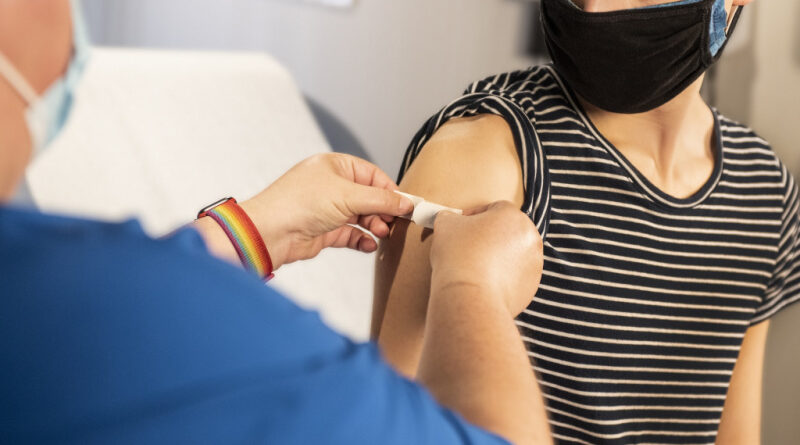How Is Vaccine Efficacy Determined?
Three vaccines are on board now, and the amount of people who qualify for them has grown — and a lot of discussion comes up on which vaccine is most effective.
But what do those numbers mean?
Last week, The New York Times published an explainer on vaccine efficacy that gives a good rundown – and visuals, of what those numbers that get thrown around mean.
“If a vaccine has an efficacy of, say, 95 percent, that doesn’t mean that 5 percent of people who receive that vaccine will get Covid-19,” the piece explained. “And just because one vaccine ends up with a higher efficacy estimate than another in trials doesn’t necessarily mean it’s superior.”
Basically, efficacy isn’t determined by whether or not you’ll get the virus, but how much it lowers the risk of certain undesirable outcomes like hospitalization, complications, and death.
“For example, Johnson & Johnson observed how many people who received a vaccine nevertheless got Covid-19,” the Times explained. “Then they compared that to how many people contracted Covid-19 after receiving a placebo.”
Zero percent means vaccinated people had exactly the same amount of risk as people who got the placebo. A vaccine that has 100% efficacy completely eliminated the risk of serious illness or death.
The newest vaccine – the Johnson & Johnson shot – has an efficacy of 72% overall, but when it comes to serious outcomes, it had an efficacy rate of 85%.
Scientists are still learning how effective the current vaccines are against the variants of COVID-19, too.
All of this is to say that you could still get COVID-19 after being vaccinated – but you lessen your chances of becoming seriously ill or dying, which is (by the way) also what any other vaccine does.
Speaking of vaccines, the Texas Department of State Health Services said more than 1 million first doses of vaccine will be shipped by the Centers for Disease Control and Prevention to providers in Texas this week, with 929,320 doses allocated for 1,651 providers in 234 counties. Another 200,000 doses will be provided to pharmacies and federally-qualified health centers.
“The significant increase is largely due to a supply of 245,200 doses of the new Johnson & Johnson vaccine coming to the state,” TDSHS said. “The single-dose vaccine was authorized last weekend by the FDA and began shipping this week with 24,000 doses delivered to providers participating in the federally-supported vaccination sites in Arlington, Dallas, and Houston.”
The county’s Fair Park site will be getting 21,060 doses of Pfizer and 6,500 doses of Johnson & Johnson vaccines. Baylor will get 2,340 Pfizer, and the city of Dallas is getting 3,000 doses of Moderna. Parkland is getting 8,190 of Pfizer and UT Southwestern will get 8,190 Pfizer.
Additionally, Preston Road Pharmacy at 6901 Preston Road will receive 100 Johnson & Johnson doses, as will Cooper Clinic.
- Dallas County health officials reported a total of 853 new COVID-19 cases for Friday and Saturday, and 50 deaths. Hospitalizations are also down, with 358 in acute care on Friday, and 16% of those coming to local emergency rooms complaining of symptoms.
- If you’re curious as to what grocery stores are still requiring masks – even after Wednesday – our sister publication, D Magazine, is keeping track.
- Pediatric flu deaths have dropped precipitously this season – and experts say that the mitigation efforts for COVID-19 should likely get credit.





